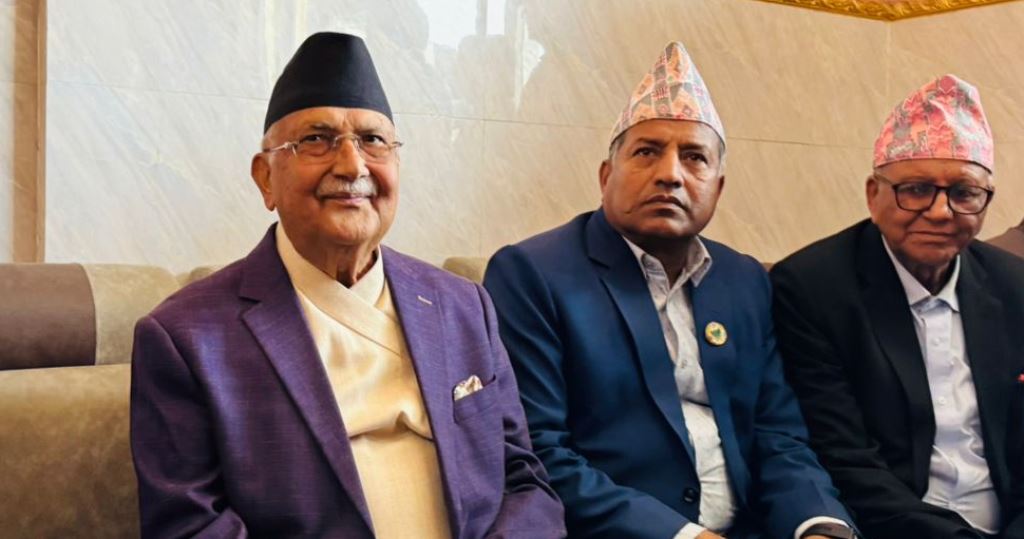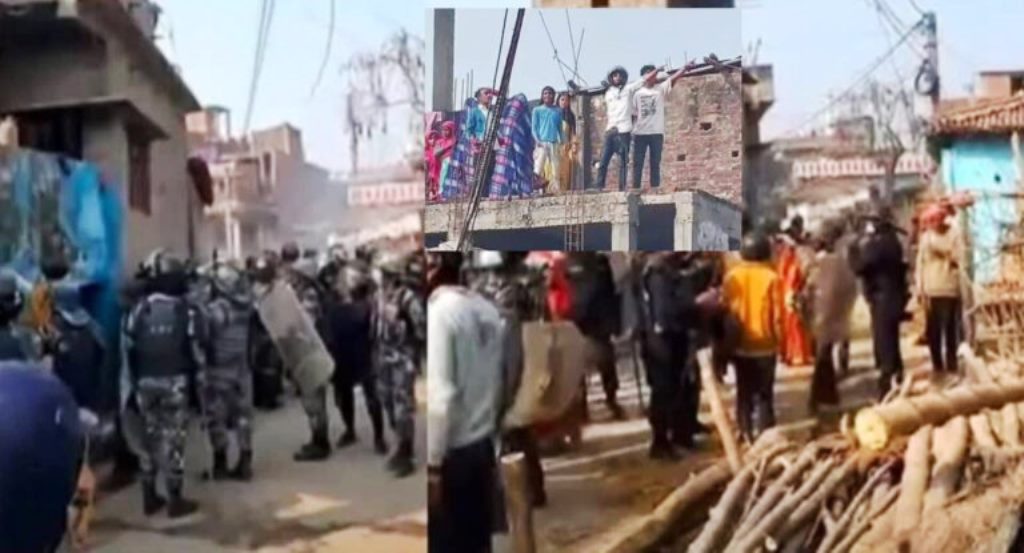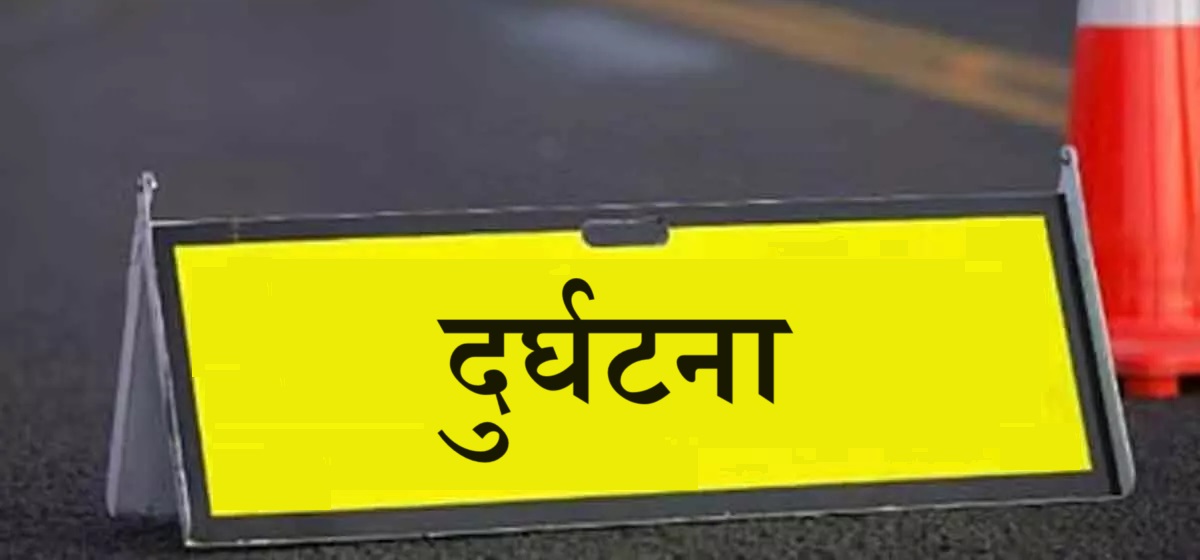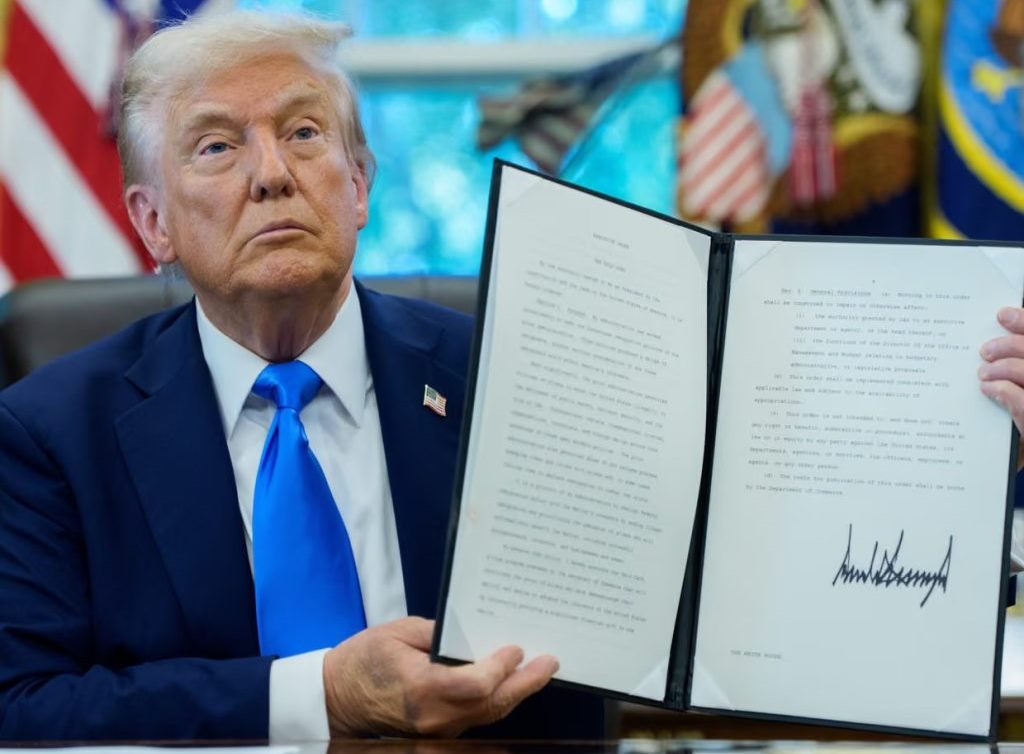
I am very pleased to participate in this important event.
The word ‘Nepal’ has also been added to the recently ratified ‘Tibet Policy and Support Act’ by the United States. For this reason, it is pertinent for us to be concerned about the Act.
The act stated that it is for the benefit of Tibetans living in Nepal. There are many other things besides that. Nepal is also connected in the Act because Nepal and China are neighboring countries. People of Tibetan origin also live in Nepal. Many people of Tibetan origin have settled here as refugees.
Actually, this act has come in a hostile manner. In fact, according to the Vienna Convention, the United States cannot bring such acts. According to the Vienna Convention, no country can tell another country to do this or that. It is not allowed to make a law that telling there should be this and that. According to the United Nations or other international laws, such an act cannot be issued. This act is based on the principle that whatever is done by the powerful country to the weak.
The United States has always been intent on creating controversy or fighting by enacting similar acts. For the United States, China may be a competitor or an enemy, but China is a neighboring country to Nepal. Just because China has become an enemy of the United States, should Nepal also be an enemy of China? That does not happen. We need to make it clear and say to Americans that ‘if you have animosity towards China, discuss it yourself. Why do you drag Nepal? China is our friend. You say it is your right to speak on Tibet, but we do not. We say the Tibet dispute is China’s internal affair. We have differences with you in this regard. Therefore, you cannot use Nepalese land to carry out anti-China activities. Because China is our close friend. So you can’t do any anti-China activities using Nepalese land. If you do not consider Tibet to be an internal matter of China, then go to your own land and carry out anti-China activities in your land. You are not allowed to use our land.’
We have to understand that whether it is a matter of human rights or others, is just a matter of making excuses. We are very clear that Tibet is China’s internal affair. This is the official policy of Nepal. The United States also must understand this. We will not allow anyone to engage in activities that conflict with our policy. We should not be influenced by anyone. Do we have to know that what has happened to Afghanistan now without understanding this? What the situation is in Iran now? If someone comes to our land and does such a thing not only against China but also against India, we should not support it. Because India is also our neighbor and friend. If anyone wants to do something against India, they can do it from their own land, but they cannot use our land. We should do this for the benefit of our own country. Everyone should understand this. That which is true must be said.
Many are formulating various policies aimed to capture Nepal’s water resources. Indians are also doing the same. They have a policy of spreading rumors on the one hand and interfering by infiltrating on the other hand. When an Indian writer writes that book, why not write about India but only about Tibet? How did he write that there is a big battle in Tibet’s water resources? That is his writing bias. He has created an environment to force others on Tibet. Other writers have done the same. They make such narratives forcibly. They write to promote the interests of their country.
There are some writers in Nepal too. However, they do not know what the country’s interests are. They write at the behest of foreigners for petty interests. They begin to serve the interests of foreigners. Such writers write against honest nationalists of their own country. They plan to prove those who work in the interest of the country wrong. They work at the behest of foreigners to fulfill their interests. They are doing such things knowingly or unknowingly, for short-term or long-term interests. We must be wary of such mobilized people. We must never allow Nepal’s land to be used against our friends. We should not be provoked if one friendly country incites us against another.
I have told one of my American friends many times about this. I have told him that ‘if you raise issues like Tibet, human rights, freedom, go to Beijing and raise them. Go to China and talk. Why do you come to Nepal and raise the issue of China? Why should we talk to you about Tibet? You call the Tibet issue a global issue but for my country, it is not a global issue. For us, Tibet is China’s internal affair.’ I had told him clearly.
Once when I was an ambassador, a US ambassador asked me what I thought about Tibet. I told him, ‘why should I talk to you about Tibet? Instead, let’s talk if there is anything between the US and Nepal. When I said that, he talked about the human rights issue in Tibet. I told him again, leave such unwanted human rights. There is a difference between your human rights and my human rights. In your human rights, you can go to another country and do whatever you want. In my human rights, my right only is about my country.’
Similarly, we should tell the United States about such issues. We do not want to be hostile to anyone. We don’t fight with anyone. We are not going to bring other’s missiles here. Anti-China activities are not allowed in Nepal, which does not mean attacking the United States by bringing missiles from China. It is only a matter of not allowing our land to be used against any of our friendly country. It means that one friend will not use another friend to protest. We have our own right that what to do and what not to do, who to support and who to oppose, what to write and what not to write, what kind of policy to make, what kind of policy not to make. We have to look after the national interest of our country. Whether we are talking about Koshi High Dam, whether we are talking about Gandaki, Karnali, or Mahakali. Whether it is foreign relations, whether it is China, whether it is the United States or India, when we talk about it, we have to prioritize that it benefits or harms our country.
When talking about water resources, the primary thing is the use of water resources. First of all, all Nepalese should have access to clean drinking water. The right to clean drinking water should be provided. That must be ensured.
Secondly, the important thing is the use of water in the field of agricultural production. Adequate irrigation should be provided. Policies and plans should be made so that we can use our river water.
Third, we should not give permission to build dams on our river. How can India get Nepal’s water for free? When water is blocked in this way, the land where we produce is filled. Precious water like gold cannot be given to others for free.
We must protect our dignity, our freedom, our nationality, the pride of our nation, our heritage, our resources. We must use our natural resources ownself. The first right is ours. We need to figure out how to use properly of our natural resources. We should not follow the assumptions made by others. Don’t follow the policy and plan made by others. Don’t dance at the behest of others.
Talking about the use of water resources, some say that Nepal should follow the model of Bhutan. That is never true. How can we compare with a country with a population of 800,000? How can a country like a municipality and a country with 125 castes and 123 languages be managed the same? So don’t run after others. Prosperity will not come by building a power plant of one thousand megawatts. We will not operate such projects until we get a fair price for water.
(Opinions expressed at an interaction program on water resources in South Asia and Nepalese perspective organized by Friendship Forum for Nepalese Journalists (FFNJ) in Kathmandu on 31 December 2020)







